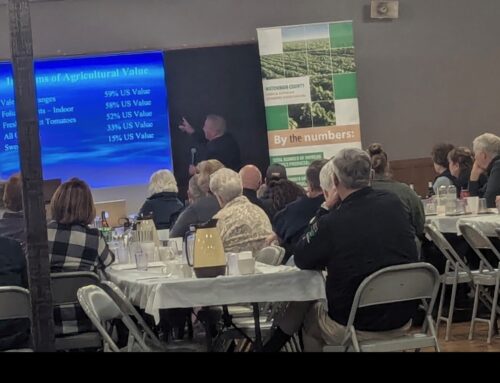As I have gotten older, I have noticed that some of my college students see me as just this old guy that has read a few books. I feel little status. However, some of my other students thank me for sharing my knowledge and ideas, and recognize and support my status.
I have a hunch this could be related to something in intercultural communication called power distance. Power distance refers to the degree to which members are willing to accept a difference in power and status between members of a group.
People from low power distance cultures believe in the principle of equality. They are less likely to feel that groups need a leader, or that people who occupy that role automatically deserve unquestioning obedience. They also expect leaders to be more considerate of their interests and needs, whether it is you, or the administration, or the company.
People from high power distance cultures tend to willingly subordinate themselves to a leader; especially one whose title comes from socially accepted sources such as age, experience, training, or status. So given your age, experience, and training, you are granted a certain degree of status from them.
It feels good to be granted some status. It feels good to feel valued.
There is a difference across cultures when it comes to power distance and status. It is amazing, in the United States, if you really wanted to (with a few phone calls to your congressional representatives), you could probably talk to the president of this country. That is remarkable.




